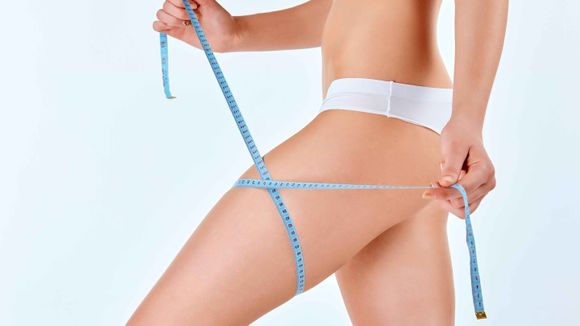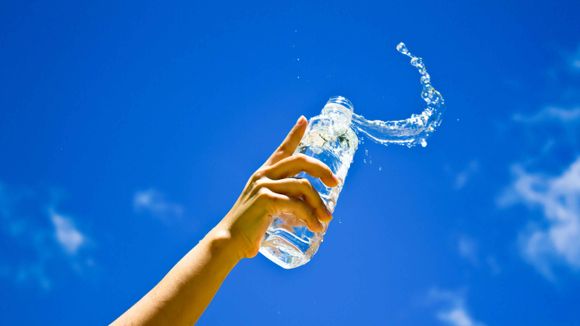What is water retention?
Water retention, also known as edema, is swelling of parts of the body. There is usually water retention in the legs, ankles or feet, as well as in the face and hands. This accumulation of fluid in body tissues can be caused by various lifestyle factors.
Long sitting during the working day or during airplane flights, hormonal changes during pregnancy, and even too long standing can cause water retention. [ref. 1]
As you know, the human body is made up of 50 to 60 percent water. When the hydration level is not balanced, the body tends to retain even more of this amount of water.
However, some serious health problems also cause edema. Depending on the cause, you may be able to relieve water retention by dietary changes or by avoiding sitting for long periods of time.
If water retention is caused by other health problems, then they should be identified in a timely manner and a treatment and treatment plan should be developed.
Symptoms of water retention
If you feel your body heavier than usual, your limbs are swollen, you don't have much energy, so there is probably a question of water retention.
Symptoms of water retention may include:
- Bloating, especially in the abdominal area
- Swollen legs, feet and ankles
- Puffiness of the face and thighs
- Stiff joints
- Weight fluctuations

What causes water retention?
Causes of water retention may include:
- Flying on a plane. Changes in cabin pressure and sitting for an extended period of time can cause your body to retain water as a protective reaction.
- Standing too long or sitting. Gravity holds blood in your lower extremities. It is important to get up and move frequently to maintain blood circulation. If you work at a desk or don't have much movement in your daily life, make time for a walk.
- Consuming too much sodium. The large amount of sodium from processed foods and soft drinks also leads to water retention.
- Some medications can cause water retention as a side effect. For example, chemotherapy treatments, painkillers, blood pressure medications, Parkinson's disease medications, hormonal birth control pills, and more.
- Pregnancy - A change in weight during pregnancy can lead to water retention in the limbs if you can't move regularly.
Serious health conditions such as deep vein thrombosis, heart failure, liver disease, and kidney disease can also cause water retention as well as other unpleasant symptoms. [ref. 2]
How to deal with water retention
If it is not caused by another health condition, you can deal with the problem yourself. However, treatment depends on the cause and may require diagnosis by a healthcare professional in the presence of any of the above conditions.
In other cases, the general rules apply to:
- Change in diet - Try to limit your sodium intake to no more than 2,300 milligrams per day. [ref. 3]
- Eat foods rich in potassium and magnesium - banana, avocado, tomatoes, sweet potatoes.
- Eat more protein for fluid balance and satiety.
- Avoid foods such as processed meats such as ham, bacon and salami, dairy products, French fries, alcohol, processed foods and sugar foods.
- Move more and exercise at least 3 times a week.









